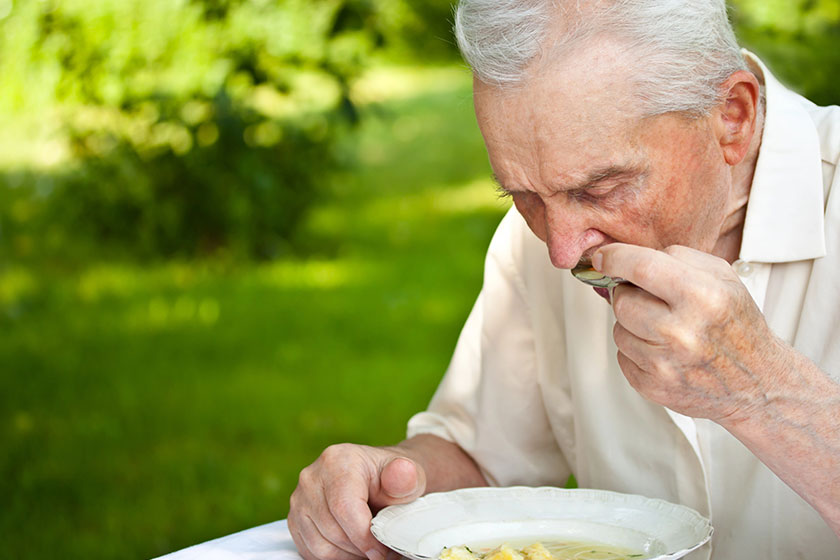Drooling in older adults often goes unnoticed until it becomes a concern for caregivers and family members. While it might seem minor, drooling in seniors can indicate underlying health issues or the need for special attention in daily care. Understanding why it happens is the first step toward supporting the well-being of our seniors.
At the heart of our mission is a commitment to compassionate and comprehensive senior living services. Recognizing symptoms such as drooling is part of our holistic approach to care. This symptom might be misunderstood or overlooked, yet it bears meaning for those who know where to look.
In addressing drooling in seniors, we consider various factors. These range from medication side effects to more severe conditions like neurological disorders. Our staff is trained to notice these signs early and take appropriate action, which may include medical consultation or adjusting the care plan.
By integrating expert senior living services with a compassionate understanding of our residents’ needs, we offer more than just a place to live. We provide a community where seniors can thrive despite the challenges they may face.
Neurological Disorders Impacting Muscle Control
Neurological disorders, particularly those that afflict the nervous system’s control of muscles, can cause drooling in older adults. Parkinson’s Disease and Amyotrophic Lateral Sclerosis (ALS) are examples, where salivary glands produce saliva as usual, but the muscles required for swallowing become hindered due to the disease.
The experience differs between individuals. Some notice mild symptoms, while others face significant changes in their daily routines. With a supportive healthcare team, management strategies can be developed to address daily challenges, promote comfort, and exhibit dignity in living with these conditions.
Complications from Dental Health Issues
Even though dental health issues and drooling seem unrelated, dental hygiene impacts oral health significantly, including salivation. Problems like gum disease, tooth decay, or poorly fitted dentures can lead to excessive saliva production in the mouth.
Regular dental check-ups can catch early signs of dental health problems, and treatments can help mitigate the likelihood of drooling as a side effect. Oral hygiene is of high importance in older adults, contributing to overall health and well-being.
Challenges in Swallowing or Dysphagia
Dysphagia, or difficulty swallowing, is associated with a heightened risk of drooling in older adults. Conditions like stroke, mouth or throat cancer, or neurological disorders can restrict the regular path of saliva, resulting in drooling.
Swallowing difficulties can be frustrating and potentially dangerous, amplifying the risk of choking or aspiration. Medical professionals can suggest swallowing exercises or recommend a speech therapist to manage these issues. Unpacking these challenges and strategizing around them can enhance the safety and quality of life for older adults.
Reduced Facial Muscle Strength or Control
Aging brings along physiological changes, one of them being a gradual loss of muscle strength or control. This includes the face, where reduced control over the lips and mouth can result in drooling.
Though it’s a perfectly normal part of aging, steps can be taken to counter muscle loss. Facial exercises or speech therapy can assist with strengthening the muscles associated with speech and swallowing, making them more effective in controlling the flow of saliva. Every effort to counter this natural process helps in preserving the self-esteem and solace of elderly adults.
Let’s Discuss Your Loved One’s Care
Considering the care of an older adult is a significant decision. If you notice signs like drooling, it may be time to explore how a supportive senior living community can help. Reach out to us for a conversation about how our services can meet your loved one’s needs.







